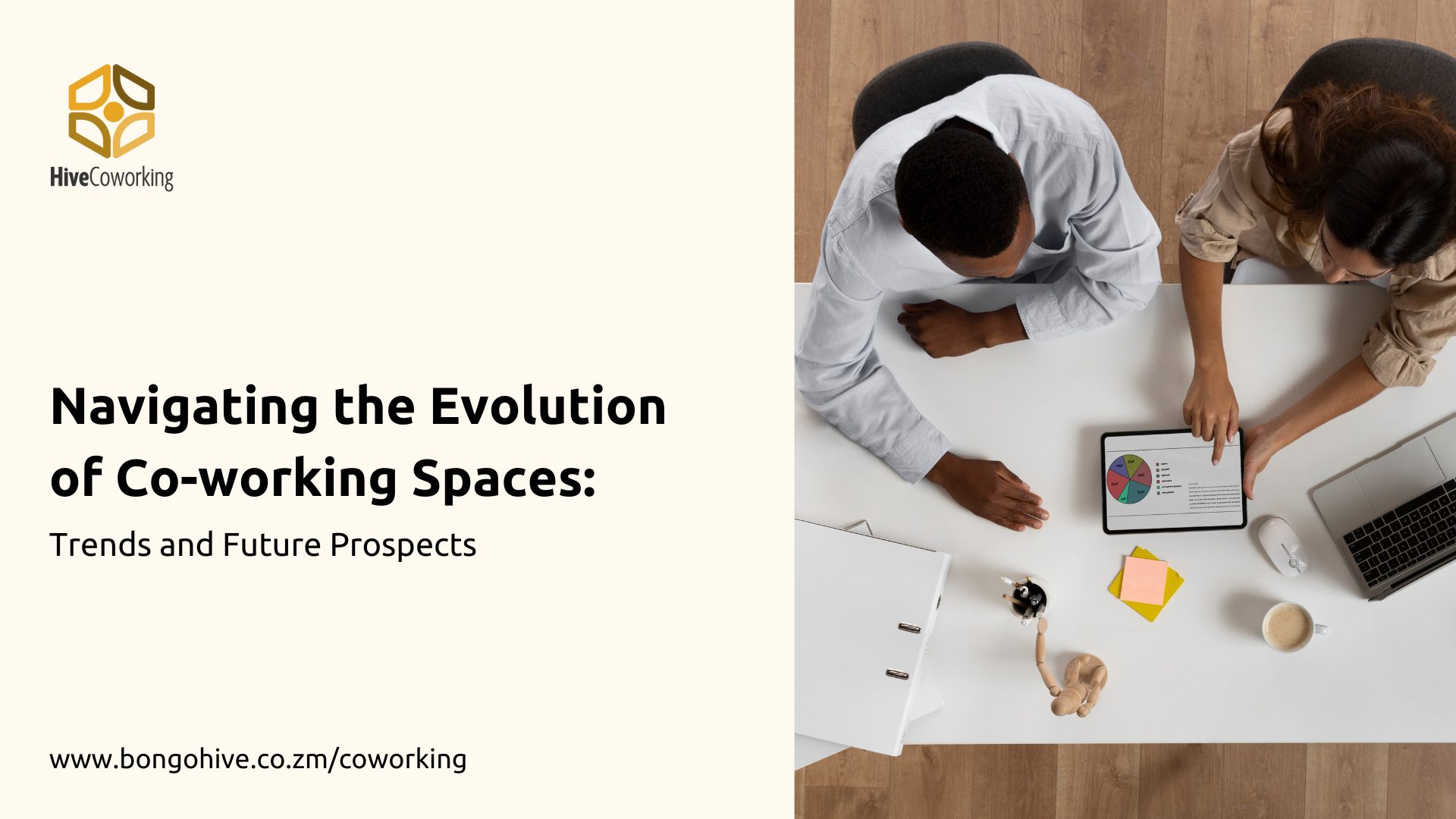
In the ever-evolving landscape of modern work culture, co-working spaces have emerged as a beacon of flexibility, collaboration, and innovation. These shared workspaces, once considered alternative arrangements, have now become integral to the professional lives of millions worldwide. However, as the concept of co-working continues to evolve, it brings with it a plethora of trends, challenges, and prospects that demand attention and navigation from stakeholders in the industry.
Trends Shaping Co-working Spaces
- Niche coworking spaces
One of the most prominent trends in co-working spaces is the shift towards niche communities. According to Every Day Guide, co-working hubs are now being tailored to specific industries, demographics, or interests.
From tech startups and creative professionals to wellness enthusiasts and social entrepreneurs, there’s a co-working space for almost every niche. These specialised communities foster collaboration, networking, and knowledge-sharing among like-minded individuals, creating synergies that go beyond traditional office environments.
- Technological integration
Every Day Guide further highlights the integration of technology into co-working spaces. With the rise of remote work and digital nomadism, co-working hubs have become reliant on technology to facilitate seamless operations and enhance member experiences. From high-speed internet and smart office amenities to virtual collaboration tools and IoT-enabled workspaces, technology is reshaping the way people work and interact within co-working environments.
Future Prospects for Co-working
Looking ahead, the future of co-working appears promising. As remote work becomes the new norm for many industries, co-working spaces will continue to play a crucial role in providing flexible work environments for distributed teams and freelancers. However, the industry must also address broader trends such as urbanization, sustainability, and the part-time labor markets.
- Urbanization
Urbanization trends suggest that co-working spaces will play an increasingly vital role in shaping the future of cities. As more people flock to urban centers in search of employment opportunities and cultural experiences, the demand for flexible workspaces will soar. Co-working hubs can contribute to urban revitalization efforts by re-purposing vacant buildings, fostering entrepreneurship, and creating vibrant communities within city centers.
- Sustainability and eco-friendly workplaces
Sustainability has become a key priority for co-working operators and members alike. From eco-friendly building designs and energy-efficient practices to waste reduction initiatives and carbon offset programs, co-working spaces are embracing sustainability as a core value. By adopting green practices and promoting environmental awareness, co-working spaces can attract socially conscious members and contribute to a more sustainable future.
Navigating the evolution of co-working spaces requires a keen understanding of the trends and prospects shaping the industry. From niche communities and technological integration to community-building efforts and sustainability initiatives, co-working operators must remain adaptable and innovative to thrive in an ever-changing landscape.
By embracing these trends co-working spaces can continue to serve as hubs of creativity, collaboration, and professional growth for years to come.
What are your coworking needs?
Our mission at Hive Coworking is to give our clients a comfortable and productive workspace so they can easily meet their business needs.
Visit our newly opened offices located at ZEP- RE business park, along Alick Nkhata road, Mass media. Overlooking the city with breathtaking views,, our coworking space offers you a luxurious and modern workspace for all your business needs.
At the Hive coworking space, we offer a variety of coworking solutions such as daily work desks, dedicated desks and meeting rooms. Check out our page to view our offering and if you would like to, book your space.
 BongoHive
BongoHive